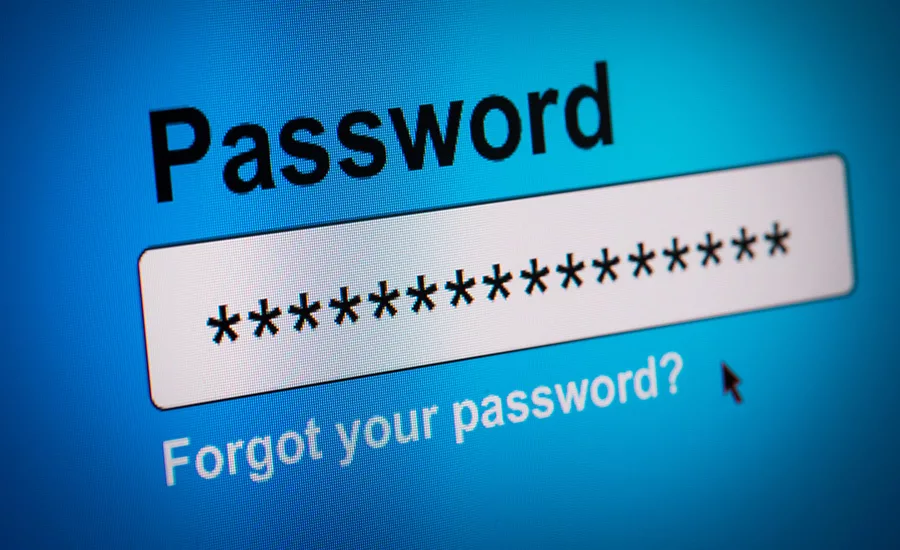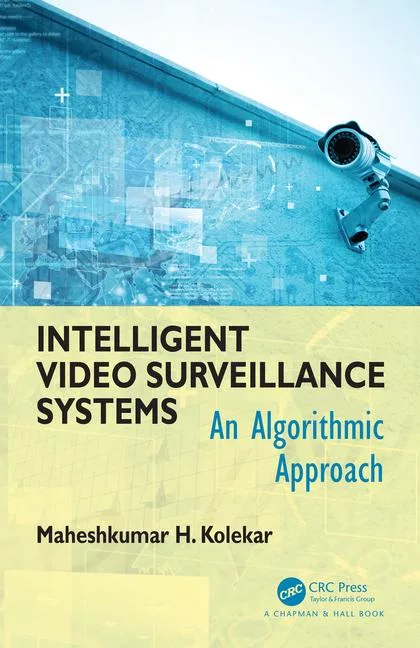No More Passwords? WebAuthn Becomes an Official Web Standard

The World Wide Web Consortium (W3C) just approved the Web Authentication API, also known as WebAuthn, which is a new way to log into websites without passwords.
W3C’s WebAuthn Recommendation is a browser/platform standard for simpler and stronger authentication. It is already supported in Windows 10, Android, and Google Chrome, Mozilla Firefox, Microsoft Edge and Apple Safarii (preview) web browsers. WebAuthn allows users to log into their internet accounts using their preferred device, said W3C.
“Now is the time for web services and businesses to adopt WebAuthn to move beyond vulnerable passwords and help web users improve the security of their online experiences,” said Jeff Jaffe, W3C CEO. “W3C's Recommendation establishes web-wide interoperability guidance, setting consistent expectations for web users and the sites they visit. W3C is working to implement this best practice on its own site.”
With FIDO2 and WebAuthn, said W3C, the global technology community has come together to provide a shared solution to the shared password problem. FIDO2 addresses all of the issues of traditional authentication:
- Security: FIDO2 cryptographic login credentials are unique across every website, biometrics or other secrets like passwords never leave the user’s device and are never stored on a server. This security model eliminates the risks of phishing, all forms of password theft and replay attacks.
- Convenience: Users log in with simple methods such as fingerprint readers, cameras, FIDO security keys, or their personal mobile device.
- Privacy: Because FIDO cryptographic keys are unique for each internet site, they cannot be used to track users across sites.
- Scalability: websites can enable FIDO2 via simple API call across all of supported browsers and platforms on billions of devices consumers use every day.
“The Web Authentication component of FIDO2 is now an official web standard from W3C, an important achievement that represents many years of industry collaboration to develop a practical solution for phishing-resistant authentication on the web,” said Brett McDowell, executive director of the FIDO Alliance. “With this milestone, we’re moving into the next phase of our shared mission to deliver simpler, stronger authentication to everyone using the internet today, and for years to come.”
Looking for a reprint of this article?
From high-res PDFs to custom plaques, order your copy today!







